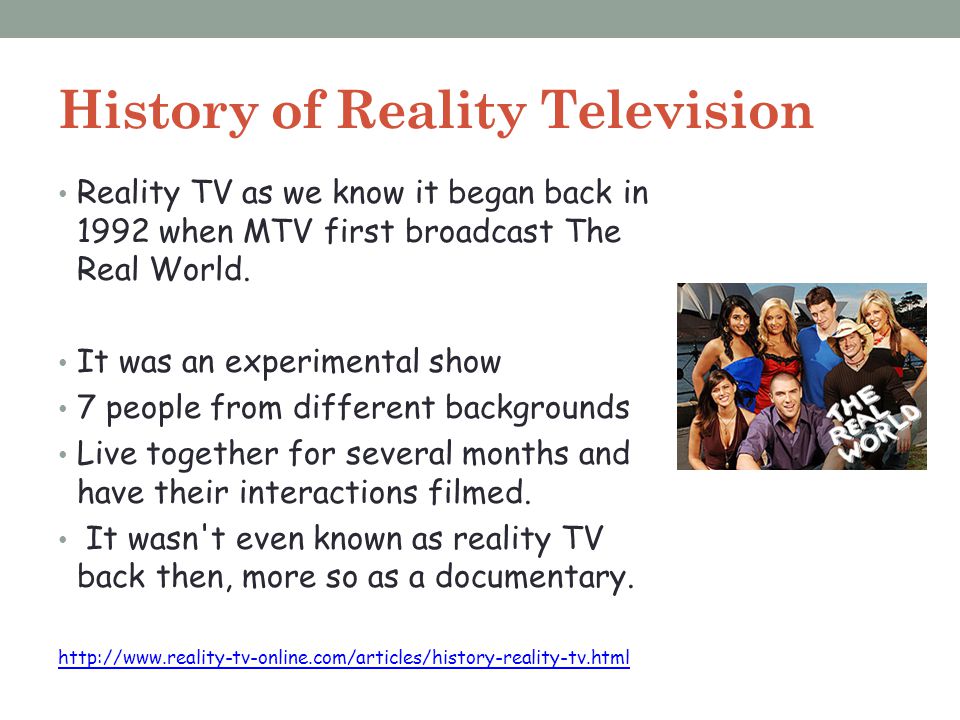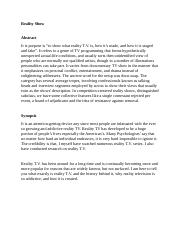Reality shows have become a popular form of entertainment in recent years, attracting millions of viewers with their unscripted and often controversial content. While some argue that these shows offer a glimpse into the lives of everyday people, others criticize them for being staged and lacking authenticity.
On one hand, reality shows can be entertaining and provide a sense of vicarious enjoyment for viewers. They can also showcase the talents and personalities of ordinary individuals, offering a platform for them to become celebrities in their own right. For example, "American Idol" has launched the careers of numerous successful musicians, and "The Apprentice" has helped aspiring business professionals gain exposure and connections in their field.
However, it's important to recognize that reality shows often involve a significant amount of scripting and manipulation. Many of the situations and conflicts that are depicted on these shows are carefully planned and staged by producers in order to create drama and attract viewers. In some cases, the contestants are even coached on what to say and do in order to create a more compelling narrative. As a result, the reality that is presented on these shows may not accurately reflect the genuine experiences of the participants.
Furthermore, there is a concern that reality shows can reinforce negative stereotypes and promote harmful behavior. Some shows have been criticized for promoting unhealthy competition, superficiality, and selfishness. There is also the issue of exploitation, as reality show participants are often placed in difficult or embarrassing situations for the sake of entertainment.
In conclusion, while reality shows can be entertaining, it's important to recognize that they often involve significant manipulation and may not accurately depict the reality of the participants' lives. It's up to viewers to critically evaluate the content of these shows and consider the potential negative impacts they may have.






